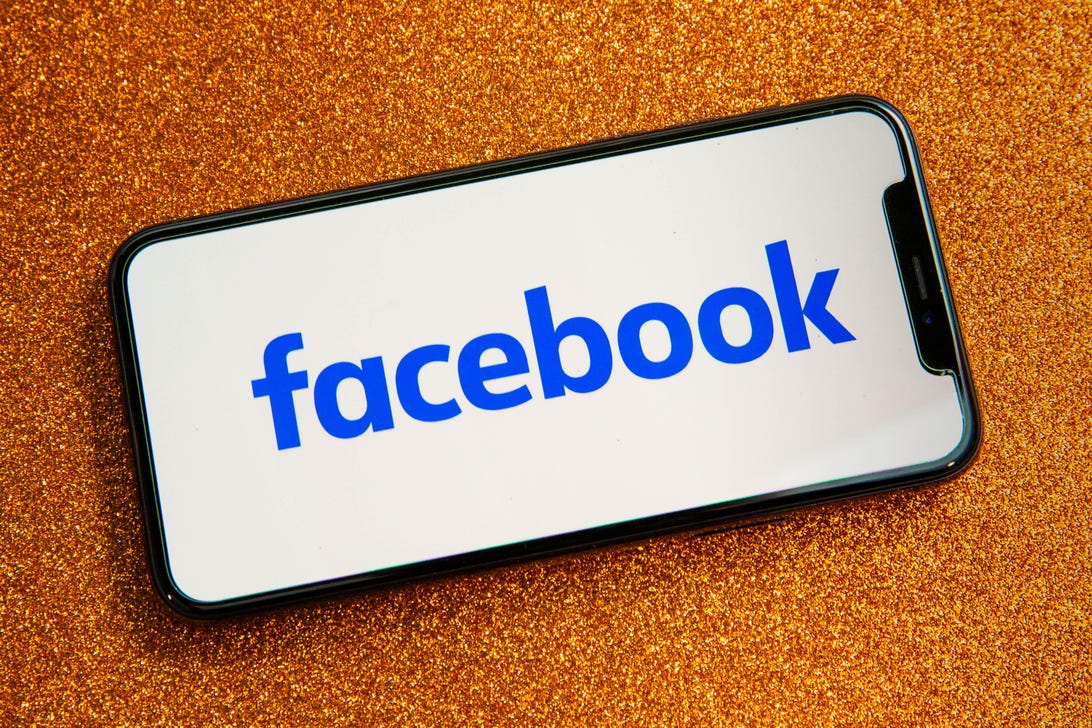
Facebook users will no longer be able to use its Face Recognition system.
Facebook will shut down its facial recognition system this month and delete the face scan data of more than 1 billion users, the company said Tuesday. It cited societal concerns and regulatory uncertainty about facial recognition technology as the reasons.
More than one-third of the app’s daily active users have opted into its Face Recognition setting, the social network noted in a blog post.
“There are many concerns about the place of facial salomon boots recognition technology in society, and regulators are still in the process of providing a clear set of rules governing its use,” wrote Jerome Pesenti, vice president of artificial intelligence at Facebook’s newly named parent company, Meta. “Amid this ongoing uncertainty, we believe that limiting the use of facial recognition to a narrow set of use cases is appropriate.”
Pesenti said the change also means that automatic descriptions of photos for blind and visually impaired people will no longer include the names of people in the images.
The move marks a major shift away from a controversial technology that Facebook has incorporated in its products, giving users the option to receive automatic notifications when they appear in photos and videos posted by others. But facial recognition technology, which converts face scans into identifiable data, has also become a growing privacy and civil rights concern. The technology is prone to mistakes involving people of color. In one study, 28 members of Congress, roughly 40% of whom were people of color, were incorrectly matched with arrest mugshots in a screen as part of a test that the American Civil Liberties Union conducted using technology made by Amazon.
In the absence of federal regulations, cities and states have begun banning facial recognition systems used by police and government. In 2019, San Francisco was the first city to ban government use of the technology. Others, including Jackson, Mississippi; Portland, Oregon; and Boston, Cambridge and Springfield, Massachusetts, have followed. Over the summer, Maine enacted one of the most stringent bans on the technology.
Earlier this year, a judge approved a $650 million settlement in a class action lawsuit involving Facebook’s use of facial recognition technology in its photo-tagging feature. The feature generates suggested tags by using scans of previously uploaded photos to match people in newly uploaded shots. The lawsuit sperry shoes alleged the scans were created without user consent and violated Illinois’ Biometric Information Privacy Act, which regulates facial recognition, fingerprinting and other biometric technologies.
Facebook has also considered building facial recognition in products such as its smart glasses. Facial recognition, for example, could be used to identify the name of people you can’t remember. But the company’s employees raised concerns that the technology could be abused by “stalkers.” Facebook’s first pair of smart glasses, the Ray-Ban Stories, doesn’t include facial recognition technology.
Privacy and civil rights groups applauded Facebook’s move on Tuesday.
“This is a good start toward ending dangerous uses of facial recognition technology. Now it’s time for enforceable rules that prohibit companies from scanning our faces without our consent. Looking at you, Congress,” the American Civil Liberties Union said in a tweet.
The Electronic Frontier Foundation said the move was “great news for Facebook users, and for the global movement pushing back on this technology.”















+ There are no comments
Add yours